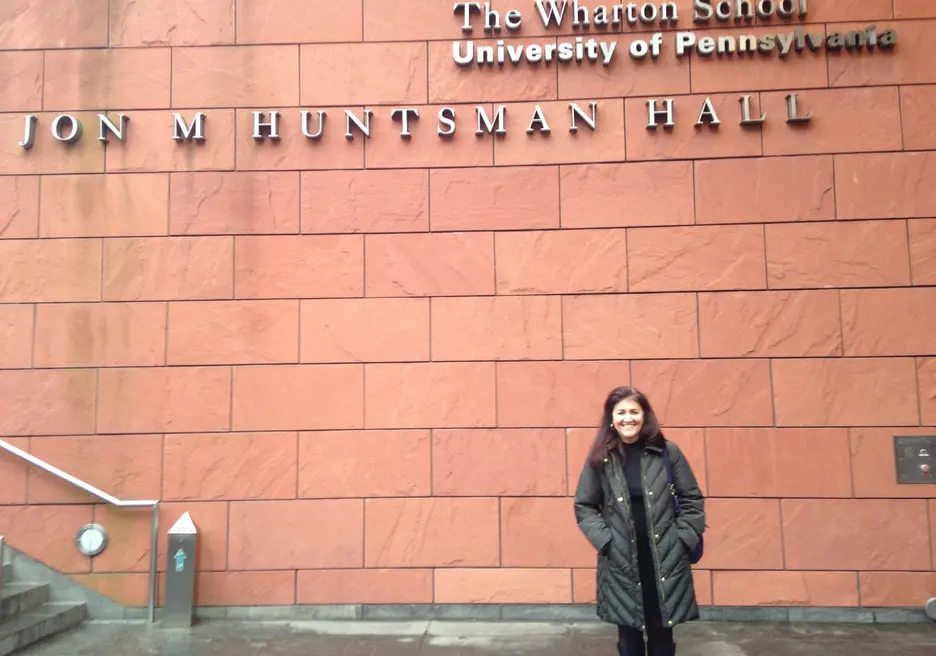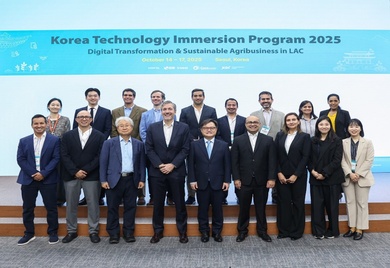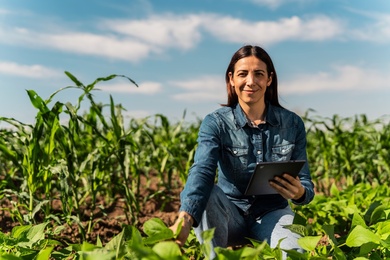Millennials and Shared Value: a perfect business strategy

 And we had better listen to them. Socially-minded millennials will become business leaders, consumers, and make important decisions on how money gets invested. According to the Accenture report “The Great Wealth Transfer,” $30 trillion in assets will be transferred to this generation in the next few decades. Positive social and environmental impact weighs greatly in their investment decisions; they are willing to accept lower returns and higher risks when investing in companies that are socially responsible.
And we had better listen to them. Socially-minded millennials will become business leaders, consumers, and make important decisions on how money gets invested. According to the Accenture report “The Great Wealth Transfer,” $30 trillion in assets will be transferred to this generation in the next few decades. Positive social and environmental impact weighs greatly in their investment decisions; they are willing to accept lower returns and higher risks when investing in companies that are socially responsible.
It was in this spirit, the need to hear from the next generation of inspirational business leaders, that I welcomed the opportunity to talk about Shared Value ,a term first coined by Michel Porter in 2006, at the Wharton Business School. During my lecture I was not only able to share the work that the Inter-American Development Bank has been pioneering in the field, but was also happy to learn that the concept of seeking positive social impact as well as financial returns has become increasingly popular among business students. Shared Value is becoming an important practice as a part of any company’s business strategy.
During my visit to the University of Pennsylvania, I also spoke with Wharton’s Business Journal Knowledge at Wharton. My aim during the interview was to explain the IDB’s methodology on Shared Value, with examples of real cases in a variety of industries, ranging from tourism and agriculture to education. The interview showcased how a Shared Value approach can help businesses around the world develop their people and markets and contribute to society while staying focused on profitability and revenue generation. I hope that by sharing the work IDB does I can inspire this group of future leaders, so they can continue to test themselves in the field, innovate and take organizations forward, advancing social development in meaningful ways.
https://www.youtube.com/watch?v=VSWlwS1o1Jw
LIKE WHAT YOU JUST READ?
Subscribe to our mailing list to stay informed on the latest IDB Invest news, blog posts, upcoming events, and to learn more about specific areas of interest.
Subscribe



